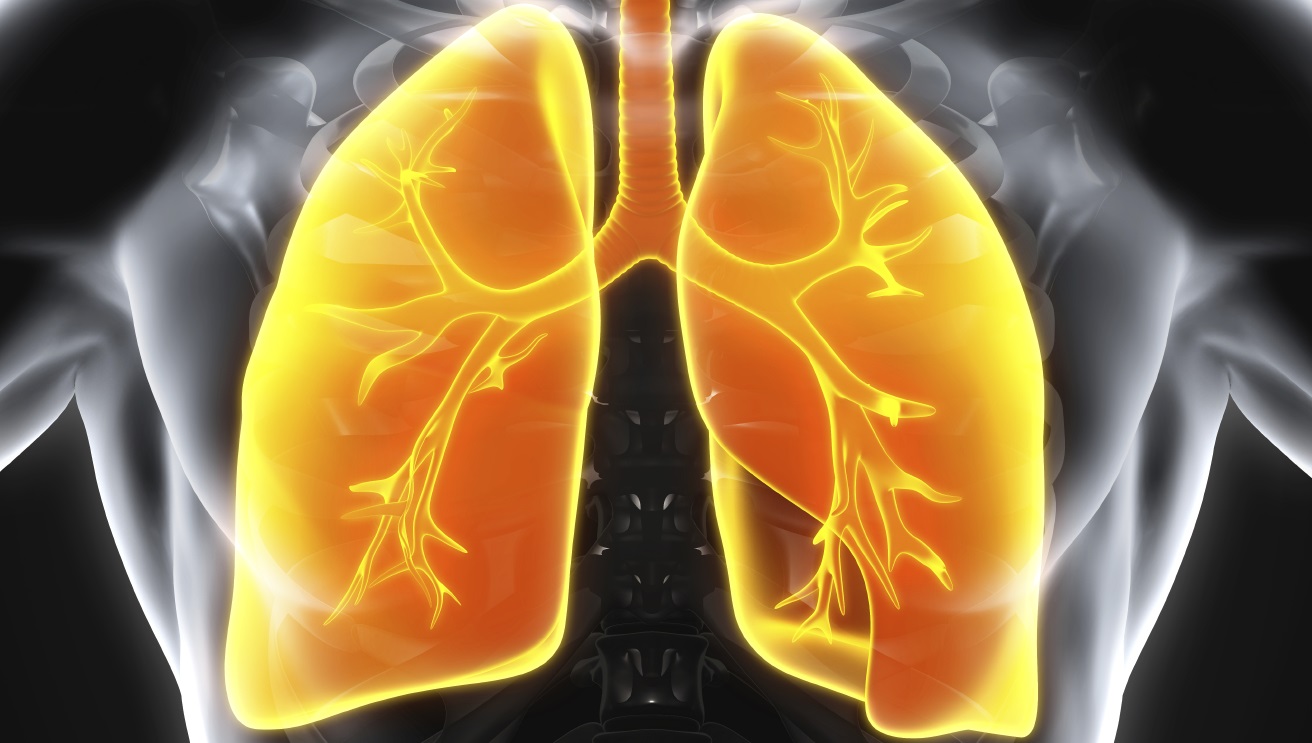Biomarker trial to show drug value in rare lung disease

A new trial to identify biomarkers of idiopathic pulmonary fibrosis (IPF) could help better identify the true incidence of this fatal lung disease and - critically - define measures of treatment response and success in order to demonstrate the value of drug therapy, Dr Toby Maher, Consultant Respiratory Physician at the Royal Brompton Hospital, told a press conference at the European Respiratory Society conference in London this week.
IPF is a little-recognised terminal condition caused by the build up of scar tissue in the lungs which decreases the amount of oxygen the lungs can supply to major organs and leads to shortness of breath and cough in the initial stages. If left untreated, Maher pointed out, respiratory failure two to three years following diagnosis is “almost inevitable” - putting IPF on a par with median survival rates for adenocarcinoma of the lung.
In addition, every year each IPF patient has a one in 20 chance of having an acute exacerbation of their disease, resulting in gross inflammation of the lung and a dramatic escalation of the scarring process. These episodes, Maher says, “prove fatal in half of those affected within just 30 days”.
With one in every 100 deaths in the UK now believed to be caused by IPF, he added, the disease is not as rare as was once thought. In fact, recent data from the British Lung Foundation’s three-year Respiratory Health of the Nation project revealed that more than 32,000 people in the UK are living with IPF, compared with the 10,000-15,000 estimated by NICE in 2015.
However, despite the rising prevalence of IPF and severity of the condition, access to medicines is a burgeoning issue with the ability to prescribe made only by a designated specialist centre. On top of this, only patients who fall between the parameters of 50%-80% lung function (measured by forced vital capacity) are eligible to receive medication, which precludes people with both early- and late-stage disease.
“The treatments we have are targeted at slowing down the rate of damage to the lungs so, to derive maximum benefit, you need to start therapy early in order to protect as much lung tissue as possible,” Maher stated. “In an ideal world, treatment should be triggered immediately following diagnosis and not be dependent on reaching the 80% FVC (forced vital capacity) threshold for accessing therapy. As a field we need to find a way of better defining the impact of treatment on quality of life in IPF in order to demonstrate the economic viability of treatment.”
In this regard, Maher is involved in a trial to develop blood- and lung-based biomarkers to enable the condition to be diagnosed without biopsy, to predict cases of rapidly progressing and aggressive disease and, ultimately, to understand treatment response to better demonstrate value to health technology assessors.
Recent work has identified six primary biomarker candidates thought to be related to development of the characteristic honeycomb matrix of IPF and disease progression, which will be evaluated in a year-long study involving 350 IPF patients with early-stage IPF who are not eligible for treatment. The initial 12-week double blind, placebo controlled element of the INMARK trial will be followed by a single arm 40-week phase to study the effect of Boehringer Ingelheim’s Ofev (nintedanib) on these biomarkers of extracellular matrix turnover.
Identifying biomarkers to predict the clinical course and benefits of therapy early in the course of the disease remains one of the most urgent and relevant challenges to improve overall patient management, to prevent treatment delay or overtreatment, Maher pointed out. “We hope that this milestone INMARK study will help better fine how we should be treating patients and when to start appropriate clinical therapy."
Read more:
For further information, read Inspiration, a report bringing together patients, patient groups and globally-renowned clinicians and dedicated to raising awareness of IPF and the need for early and accurate diagnosis, which was published recently by pharmaphorum media and Boehringer Ingelheim.










